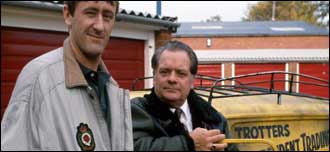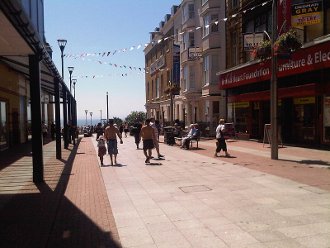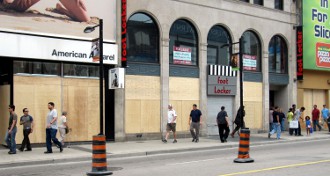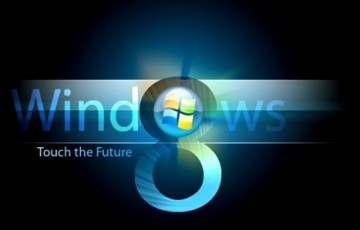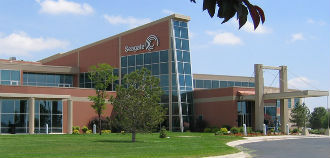 Seagate has shaken up its sales and marketing organisation in EMEA.
Seagate has shaken up its sales and marketing organisation in EMEA.
The company says that it has made the changes to ensure that it was “optimally positioned” to work with its customers to best address evolving market opportunities across the region. In particular, it wants to take full advantage of its potential in areas such as cloud computing, solid state drives and branded storage solutions.
Joe Fagan has been appointed senior director, Cloud Initiatives, EMEA. In this newly created position he will be responsible for shaping Seagate’s Cloud strategy and engagement in the region.
Fagan joins Seagate from UK storage distributor CMS Peripherals where he was responsible for shaping and delivering the company’s B2B and enterprise storage strategy Seagate said that here he developed and launched the company’s cloud initiative “Cloud Made Simple” in 2009.
He previously held EMEA-wide sales and marketing positions at Maxtor and Adaptec. Fagan will report to Mark Whitby, Seagate’s vice president of EMEA Sales & Marketing and Global Channel Sales.
Bernd Breinbauer has been appointed to the newly created role of director of EMEA SSD Sales with responsibility for developing sales of the company’s comprehensive solid state drive portfolio across the region. Breinbauer was previously sales director for Seagate’s Central Europe region and has also held positions in OEM sales management. Prior to joining Seagate, he worked with Hitachi.
Henk van den Berg, sales director, will take on leadership of Seagate’s Central Europe region in addition to his existing responsibility for Northern Europe in a new combined Northern and Central Europe region.
The company has also named Dimitri Galle as senior director of Sales and Marketing, Branded Products, EMEA. In his new position he will be responsible for sales and marketing of all Seagate-branded retail products across the region. He was previously senior manager, Sales and Marketing, for branded products in the central Europe region.
Separately, Mark Whitby, Seagate’s vice president of EMEA Sales and Marketing since 2009, has also been charged with responsibility for the company’s global distribution channel sales, developing and leading strategy and delivery of the business worldwide.
In his new role as vice president, EMEA Sales & Marketing and Global Channel Sales, Whitby leads a matrix team spread across sales, marketing, product management, pricing and finance to deliver on Seagate’s goals, as well as working to define longer term business planning.

